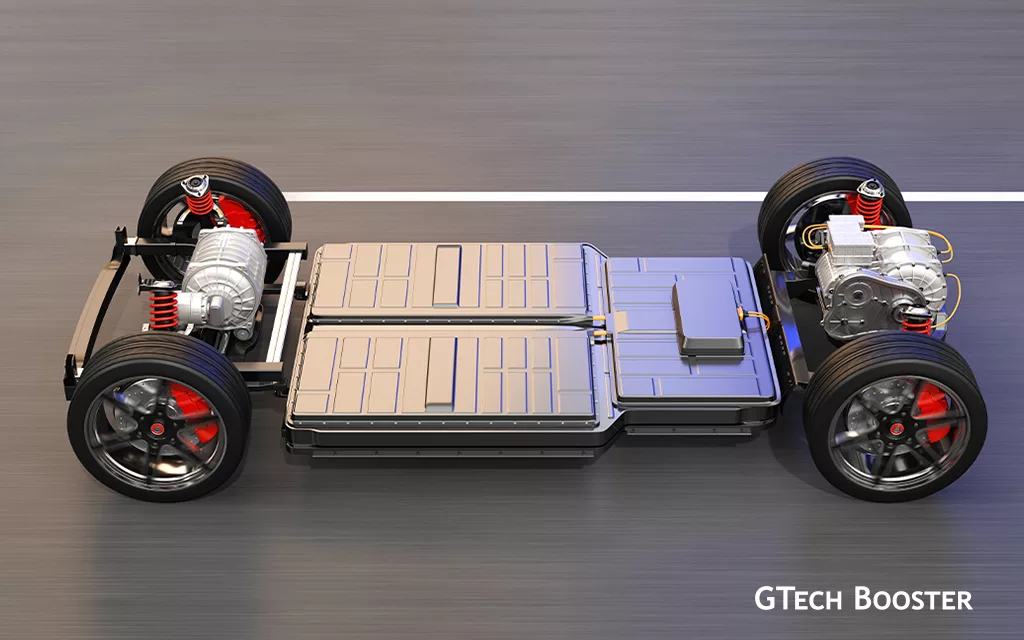Electric Vehicle Batteries

Electric vehicle (EV) batteries are rechargeable batteries specifically designed to power the electric motors of battery electric vehicles (BEVs) or hybrid electric vehicles (HEVs). These batteries differ from starting, lighting, and ignition (SLI) batteries used in conventional combustion engine cars. EV batteries are typically lithium-ion batteries, known for their high power-to-weight ratio and energy density
The modern incarnation of the electrochemical battery is credited to the Italian scientist Alessandro Volta, who put together the first battery in response to the misguided findings of his colleague, Luigi Galvani. Volta suspected that the electric current came from the two dissimilar metals and it was being transmitted through the frogs’ tissues, not originating from it. Volta had developed the first electrochemical battery, known as a voltaic pile.

Key facts about EV Batteries:
- EV batteries are designed to be smaller and lighter to reduce the weight of the vehicle and improve its performance.
- Lithium-ion batteries are the most common type of rechargeable battery used in electric vehicles due to their ability to be discharged and recharged daily and at any state of charge.
- Other types of rechargeable batteries used in electric vehicles include lead-acid, nickel-cadmium, nickel-metal hydride, and others.
Battery Technology and Performance
EV batteries are typically composed of thousands of individual lithium-ion cells working together in a pack. The performance of EV batteries is influenced by factors such as energy density, cycle life, charging time, and temperature management. Ongoing research and development aim to improve battery technology, including increasing energy density, reducing costs, enhancing safety features, and extending battery life.
Battery Life and Recycling
EV batteries have a lifespan that can vary depending on factors such as usage, charging patterns, and environmental conditions. At the end of their useful life for powering electric vehicles, batteries can be recycled or repurposed for other applications, such as stationary energy storage. Recycling and reusing batteries are important for reducing the environmental impact of electric vehicles and ensuring the sustainability of battery production.
Future Developments
The advancement of battery technology is a key focus area for the electric vehicle industry. Ongoing research aims to improve battery performance, increase energy density, reduce costs, and enhance sustainability. The development of solid-state batteries, which offer higher energy density and improved safety, is an area of active research. Increasing the efficiency of battery manufacturing and incorporating more renewable energy sources in the production process can help reduce the carbon footprint associated with electric vehicle batteries.

The electric vehicle industry is rapidly evolving, and advancements in battery technology are expected to continue driving the growth and adoption of electric vehicles in the future.
More Information ℹ
Last updated on October 18th, 2023

















